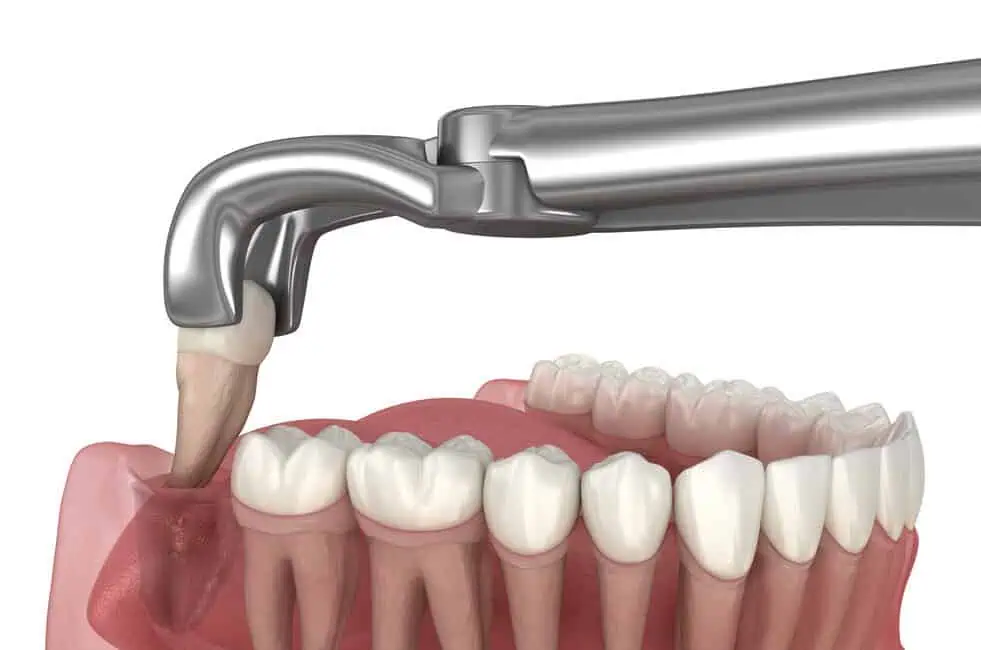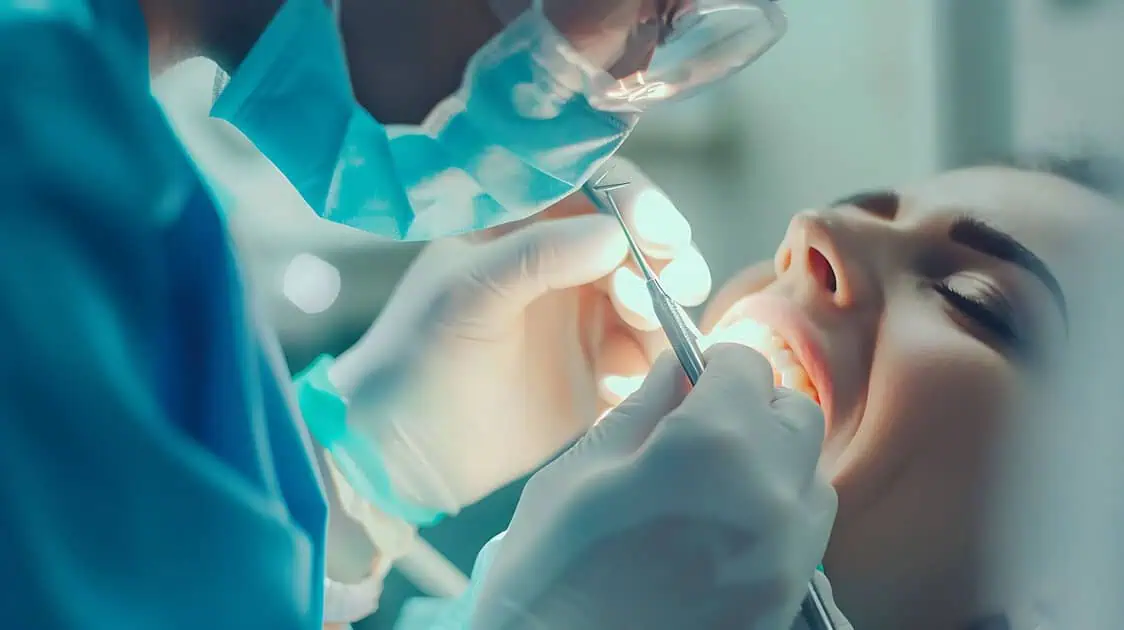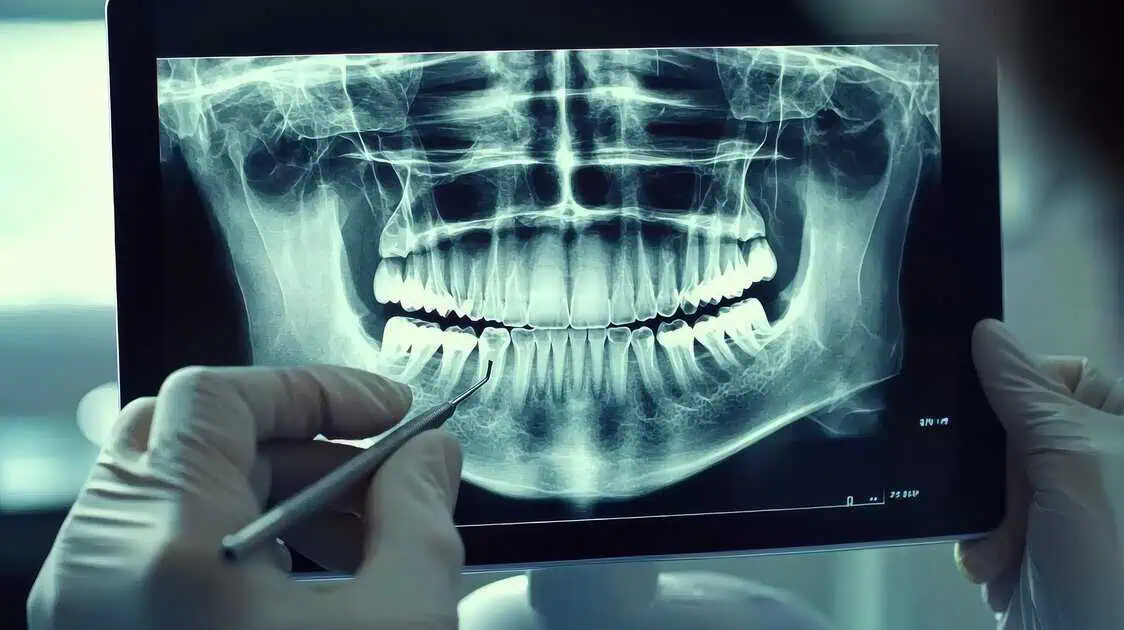Dental anxiety is a widespread issue that keeps many people from receiving the care they need. The mere thought of sitting in a dental chair can evoke fear, stress, and discomfort. For individuals grappling with these emotions, sedation dentistry offers a comforting solution. By utilizing various sedation techniques, including nitrous oxide, oral conscious sedation, and IV sedation, dentists can provide a more relaxed and manageable experience during dental procedures. But what exactly is sedation dentistry, how does it work, and why is it beneficial?
What is Sedation Dentistry?
Sedation dentistry concerns using medications or unique approaches to help patients relax during dental procedures. These medications range in strength and delivery method, providing different levels of sedation based on the patient’s requirements and the complexity of the procedure. The primary goal is to reduce anxiety, manage pain, and make the dental experience as comfortable as possible. The various types of sedation available allow for flexibility in addressing different patient concerns.
How Does It Work?
The effectiveness of sedation dentistry lies in its ability to impact the central nervous system, specifically targeting areas of the brain responsible for anxiety and pain perception. Sedatives used in dentistry work by enhancing the activity of neurotransmitters like gamma-aminobutyric acid (GABA), which inhibit neural activity, leading to a calming effect on the body and mind.
- Nitrous Oxide Sedation: Nitrous oxide is often called “laughing gas,” a mild sedative administered through a mask over the nose. With just a few minutes, patients are euphoric and relaxed thanks to nitrous oxide and oxygen. By boosting GABA activity in the brain, nitrous oxide reduces anxiety and increases pain tolerance.The short-lived effects allow patients to recover quickly and even drive home after the procedure.
- Oral Conscious Sedation: This method concerns taking a prescribed sedative pill, such as Valium or Ativan, before the dental appointment. The medication induces a deeper level of relaxation compared to nitrous oxide, making it suitable for patients with moderate to severe anxiety. Oral sedatives are absorbed into the bloodstream through the digestive system, leading to a drowsy but conscious state where the patient can still respond to instructions. The onset of sedation varies depending on the medication and dosage, typically taking 30 to 60 minutes to take full effect.
- IV Sedation: Intravenous (IV) sedation delivers sedatives directly into the bloodstream, providing a more controlled and rapid onset of relaxation. It’s especially helpful for longer or more complex procedures, since the dentist can adjust the level of sedation as needed. IV sedation can range from moderate sedation, where the patient is conscious but deeply relaxed, to deep sedation, where the patient is on the verge of unconsciousness but can still respond to stimuli.
Benefits of Sedation Dentistry
Sedation dentistry offers several compelling benefits that make dental visits more comfortable and stress-free. By addressing both physical and psychological barriers, it enhances the overall dental experience, leading to improved oral health and patient satisfaction.
Anxiety and Fear Reduction
- Sedation dentistry alleviates anxiety by enhancing the calming effects of neurotransmitters like GABA. This makes dental procedures less stressful, particularly for patients with dental phobia.
Enhanced Pain Management and Comfort
- Sedatives amplify the effects of local anesthetics, ensuring minimal discomfort during procedures. This combination reduces the body’s pain response and eases stress-related pain.
Improved Efficiency of Dental Procedures
- Sedation allows for uninterrupted dental work, enabling dentists to complete multiple treatments in one session. This reduces the required visits and allows the dentist to work more effectively.
Better Dental Health Outcomes
- Sedation dentistry makes regular dental visits more manageable for anxious patients. This leads to timely interventions, better adherence to dental care plans, and healthier teeth and gums in the long term.
Specific Applications of Sedation Dentistry
Sedation dentistry is versatile and can be tailored to suit a wide range of dental procedures, from routine cleanings to more complex treatments. Its application ensures that patients remain comfortable and relaxed, regardless of the procedure’s complexity or duration.
For Routine Procedures
Sedation is not limited to complex treatments; it can also benefit routine dental care. Patients with mild anxiety may find nitrous oxide sedation helpful during cleanings, fillings, or minor restorative work. With nitrous oxide, patients get a light sedation without being overly sedated, allowing them to return to normal activities soon after.
For More Complex Treatments
In cases where more invasive procedures are required, such as root canals, dental implants, or oral surgeries, deeper sedation methods like oral conscious sedation or IV sedation are preferred. These methods provide a higher level of relaxation, ensuring patients remain comfortable throughout the procedure. For patients with severe dental phobia or those undergoing extensive work, IV sedation offers the added benefit of allowing the dentist to adjust sedation levels in real-time, ensuring optimal comfort and safety.
Is Sedation Dentistry Safe?
Sedation dentistry is well-established and safe when administered by qualified professionals. Dentists who offer sedation undergo specialized training to manage sedation levels, monitor vital signs, and respond to any potential complications. The choice of sedative and dosage is carefully tailored to the patient’s health history, procedure type, and anxiety level. Heart rate, blood pressure, and oxygen levels are constantly monitored during the procedure to keep the patient safe.
Who Should Consider Sedation Dentistry?
Sedation dentistry is particularly beneficial for individuals with severe dental anxiety, a sensitive gag reflex, or those requiring extensive treatment. It is also suitable for patients with certain medical conditions that make it difficult to remain still for extended periods. However, only some are ideal candidates for sedation. Factors such as age, overall health, and potential allergies to sedative medications must be considered. A thorough consultation with the dentist, including a review of the patient’s medical history and any existing health conditions, is necessary to determine the appropriate sedation method.
Takeaway
Choosing Sedation Dentistry for your dental procedures can transform your experience, making even the most challenging treatments comfortable and stress-free. At 24 Street Dental, we offer comprehensive Sedation Dentistry treatments tailored to meet your needs, ensuring your visit is as relaxing as possible. If you’re seeking Sedation Dentistry in Phoenix, AZ, look no further. Contact us today for your consultation and discover how our sedation options can make your next dental visit a breeze.







